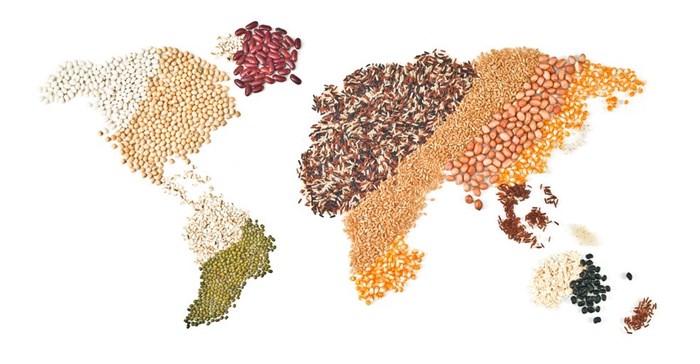Good news for developing countries as WTO conference concludes

The subsidies made agricultural products and exports from developing countries more expensive thus unattractive. Speaking during the closing ceremony on Saturday 19 December, WTO director general Roberto Azevêdo termed the deal as historical. "This task has been outstanding since the exporting subsidies were banned for industrial goods more than 50 years ago. Today's decision tackles the issue once and for all," he said.
Level the playing field
He says the move removes the distortion the subsidies have caused in the agriculture market thereby helping to level the playing field for the benefit of farmers and exporters in developed and least developed countries. "It will also help to limit similar distorting effects associated with exports credit and state trade enterprises," he added.
The talks, which were supposed to end on Friday, had stalled with a few BRICS countries blocking the agricultural agenda. The BRICS (Brazil, Russia, India, China and South Africa) are characterised by rapidly growing economies and increasing international influence. For example, India has had issues on farm subsidies by countries like the US and China, terming it as huge trade distortion as it has had adverse impact on millions of resource poor and subsistence farmers in developing countries.
It has also been demanding on a permanent solution that will entitle poor countries to public stockholdings of food grains, and safeguards to protect them from sudden import surges.
Positive outcomes
The WTO also managed to conclude on a landmark deal on the Information Technology Agreement (ITA) which had taken 18 years to conclude. "We have been able to achieve truly remarkable results and this cannot be overstated. We have agreed on a package of outcomes that will have positive outcomes that will have a positive impact on the developing countries and in particular the least developed countries," concluded foreign affairs cabinet secretary Amina Mohammed.
The cabinet secretary, who received a standing ovation, said: "The areas covered represent deeply important aspirations of many members and will establish the path for agricultural reforms and as well as on securing food for the most disadvantaged."
Source: allAfrica

AllAfrica is a voice of, by and about Africa - aggregating, producing and distributing 2000 news and information items daily from over 130 African news organisations and our own reporters to an African and global public. We operate from Cape Town, Dakar, Lagos, Monrovia, Nairobi and Washington DC.
Go to: http://allafrica.com/





















